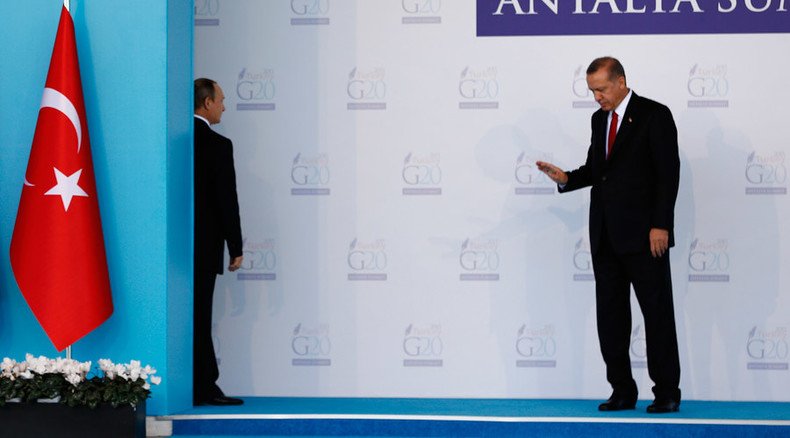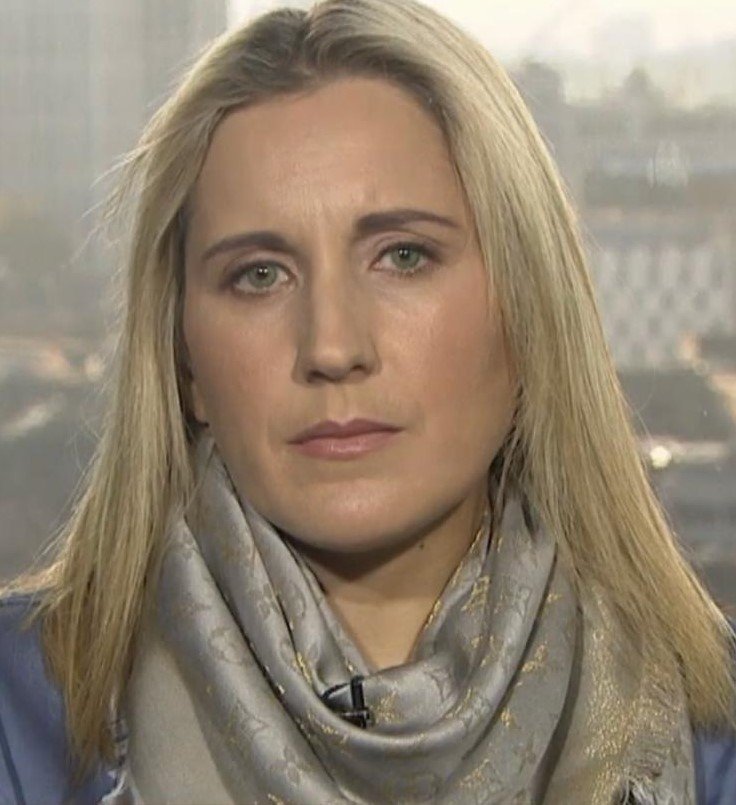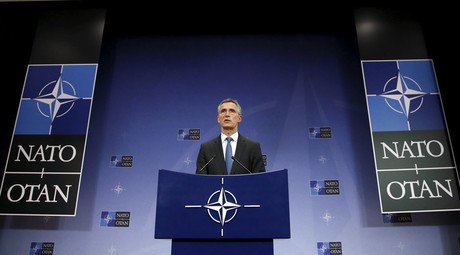What Turkey's attack on Russian aircraft says about MidEast geopolitical dynamics

Whose war on terror are Western powers fighting? As Russia saw its plane and its men disappear in a cloud of smoke, it is really the underbelly of radicalism and radicals’ patrons’ agenda which was brought to light.
November so far has been a trying month, a month of tragedy, heartbreaks and fear … from ISIL targeting Russia, Lebanon, Syria, and Paris to Turkey’s downing of a Russian jet over Latakia in Syrian territory, terror has dominated the global narrative, darkening our future with talks of war.
Make no mistake: Turkey’s actions towards Russia are tantamount to a declaration of war. As it stands, Moscow could quite legitimately retaliate against Ankara, all within the boundaries of international law. But Russia is not the United States! Russia does not simply smite the hands of its enemies - unlike most; Russia understands that if wars are easily started, they almost never serve those powers engaged in them. That is not to say however that the ‘Great Russian Bear’ will simply look on as its people are put in the line of fire; only that national interests are best served through clever leadership, not brutal force.
Peace is not built on blood but through cooperation, and stability is only ever achieved through alliances and common interests, not fear of oppression. Those are the policies Moscow has carried for the past decade or so, and those are the fundamentals Russia has sponsored where neocons have all but spat lead at the world by way of crisis resolution.
In that sense Turkish President Recep Erdogan profoundly misplayed its cards in this new thaw against Moscow. President Vladimir Putin is unlikely to get drawn in a game of military tit-for-tat against Ankara.
And if Erdogan imagined for a second that its membership of NATO would shield him from any political or military repercussions, the past 48 hours must have proven indeed disappointing. Very much alone in the storm he created, no Western “allies” came to whisk Erdogan on a white horse. And yes US President Barack Obama did indeed assert that Turkey had every right to defend its airspace, arguing that Russia ought to be more careful while targeting ISIL, but that’s political lip-service, not an undying promise of support, come what may.
Turkey is only ever really a member of NATO when it suits NATO! I believe Israel shooting at Turkey’s flotilla near Gaza in 2010 highlighted those double standards.
Miscalculations aside, what did Turkey hope to achieve by downing one of Russia’s planes?
While there is little doubt in my mind that Turkey did not act on a simple impulse, or even out of genuine fear that its sovereignty had been threatened - those details will surely surface in due time - the real story behind this tragedy stands beyond a simple territorial spat in between two regional superpowers.
Let me put it this way - for a state to risk war the stakes must be rather high.
Allow me to point out to what we already know for certain before delving in any further.
To begin with Turkey and other Western powers’ claims that Russia had been targeting so-called civilian areas in Latakia were debunked by a video published by America’s “moderate militias” featuring one of the fallen Russian pilots - first lie. As Marwa Osman postulated in her comments to RT, those men on the ground do not exactly scream civilians.
Then, President Obama came out with this quote: "They [Russians] are operating very close to a Turkish border, and they are going after moderate opposition that is supported by not only Turkey but a wide range of countries” … another lie. This one sentence essentially confirms that Western powers have colluded with radicals to further their agenda in the region - but not only that. It also lifts the veil on Turkey’s dealings in the Latakia region - home to ISIL contraband oil operations.
We know that the Latakia region is crawling with armed militants in league with the likes of al-Nusra, ISIL and other terror denominations. We also know that Latakia has been an important financial stronghold of several oil and gas fields remaining under militant control. Finally, and this is a big one, Latakia is a geostrategic goldmine in that it offers direct access to Turkey, thus making the transport of men, weapons, and contraband more than just a little convenient.
This vein in between Turkey and ISIL is worth millions, if not billions of dollars - notwithstanding the fact it offers political opportunity.
Now can you see why Turkey’s attack was not out of sorts? Turkey lashed out at Russia because Russia hit a sensitive nerve.
If you look deeper, Erdogan’s knee-jerk reaction to President Putin’s advances in Syria stands testimony to Moscow’s successes against ISIL. So what if Russia actually stumbled upon one very Turkish smoking terror gun. What if Latakia held the keys to ISIL’s “invisible patrons”?
Those are the questions Moscow will undoubtedly demand the answers to, especially now that Foreign Minister Sergey Lavrov confirmed at a press conference that “evidences suggest that the downing of the place was pre-planned.”
READ MORE: Downing of Russian Su-24 looks like a planned provocation - Lavrov
Another aspect of this crisis needs to be considered when assessing all implications.
An attack on Russia could really serve an alternative political agenda.
Consider this: for every day that Russia and Syria are eroding the terror networks, for every day that civilians return to their homes, the United States and its Western partners are losing both political and military credibility.
Within this logic and in view of past manipulations, would it not be plausible to assume that Turkey aimed to shift the media narrative away from the war on terror and back onto the old East versus West cold war mantra?
After all if the public were to live in fear of WWIII, terror would most likely take a back seat, allowing for a media re-calibration.
LISTEN MORE:
The statements, views and opinions expressed in this column are solely those of the author and do not necessarily represent those of RT.













